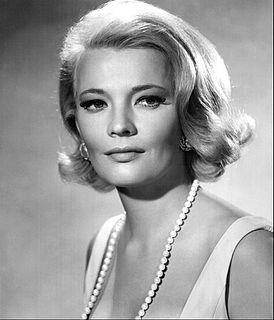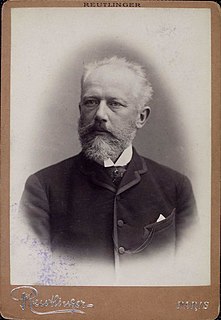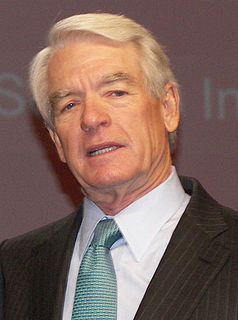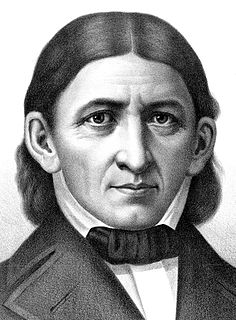A Quote by Charles Horton Cooley
One should never criticize his own work except in a fresh and hopeful mood. The self-criticism of a tired mind is suicide.
Related Quotes
Bitter criticism caused the sensitive Thomas Hardy, one of the finest novelists ever to enrich English literature, to give up forever the writing of fiction. Criticism drove Thomas Chatterton, the English poet, to suicide. . . . Any fool can criticize, condemn and complain - and most fools do. But it takes character and self-control to be understanding and forgiving.
No one has the right to criticize you for how your body looks, but they will. One thing I've learned from experiencing this exact kind of criticism is that no one else can label your body except for you. No one gets to have a place in your mind if they weren't invited there by you. So please do me this one favor: Don't let their ugly words into your beautiful mind.
all creative writers need a certain amount of time when they're creating something where nobody should criticize them at all - at all. Even if the criticism is valid or good, they should just shut up, and let that person create. Because at a certain point you have to make it your own - not the world's, but your own.
Now if you are going to win any battle you have to do one thing. You have to make the mind run the body. Never let the body tell the mind what to do. The body will always give up. It is always tired morning, noon, and night. But the body is never tired if the mind is not tired. When you were younger the mind could make you dance all night, and the body was never tired... You've always got to make the mind take over and keep going.
The difference between a non-suicide and an ex-suicide leaving the house for work, at eight o'clock on an ordinary morning: The non-suicide is a little traveling suck of care, sucking care with him from the past and being sucked toward care in the future. His breath is high in his chest. The ex-suicide opens his front door, sits down on the steps, and laughs. Since he has the option of being dead, he has nothing to lose by being alive. It is good to be alive. He goes to work because he doesn't have to.
Suicide rates have not slumped under the onslaught of antidepressants, mood-stabilizers, anxiolytic and anti-psychotic drugs; the jump in suicide rates suggests that the opposite is true. In some cases, suicide risk skyrockets once treatment begins (the patient may feel not only penalized for a justifiable reaction, but permanently stigmatized as malfunctioning). Studies show that self-loathing sharply decreases only in the course of cognitive-behavioral treatment.
There is nothing else that so kills the ambitions of a person as criticisms from superiors. I never criticize anyone. I believe in giving a person incentive to work. So I am anxious to praise but loath to find fault. . . . I have yet to find a person, however great or exalted his station, who did not do better work and put forth greater effort under a spirit of approval than he would ever do under a spirit of criticism.
The mind grows by self revelation. In play the child ascertains what he can do, discovers his possibilities of will and thought by exerting his power spontaneously. In work he follows a task prescribed for him by another, and doesn't reveal his own proclivities and inclinations; but another's. In play he reveals his own original power.
The great object of Education should be commensurate with the object of life. It should be a moral one; to teach self-trust: to inspire the youthful man with an interest in himself; with a curiosity touching his own nature; to acquaint him with the resources of his mind, and to teach him that there is all his strength.






































